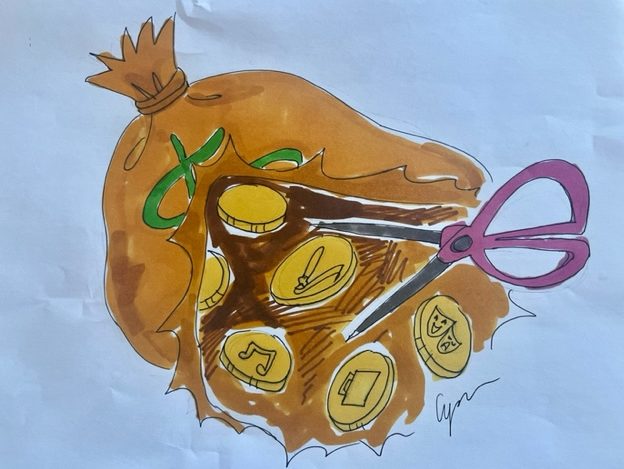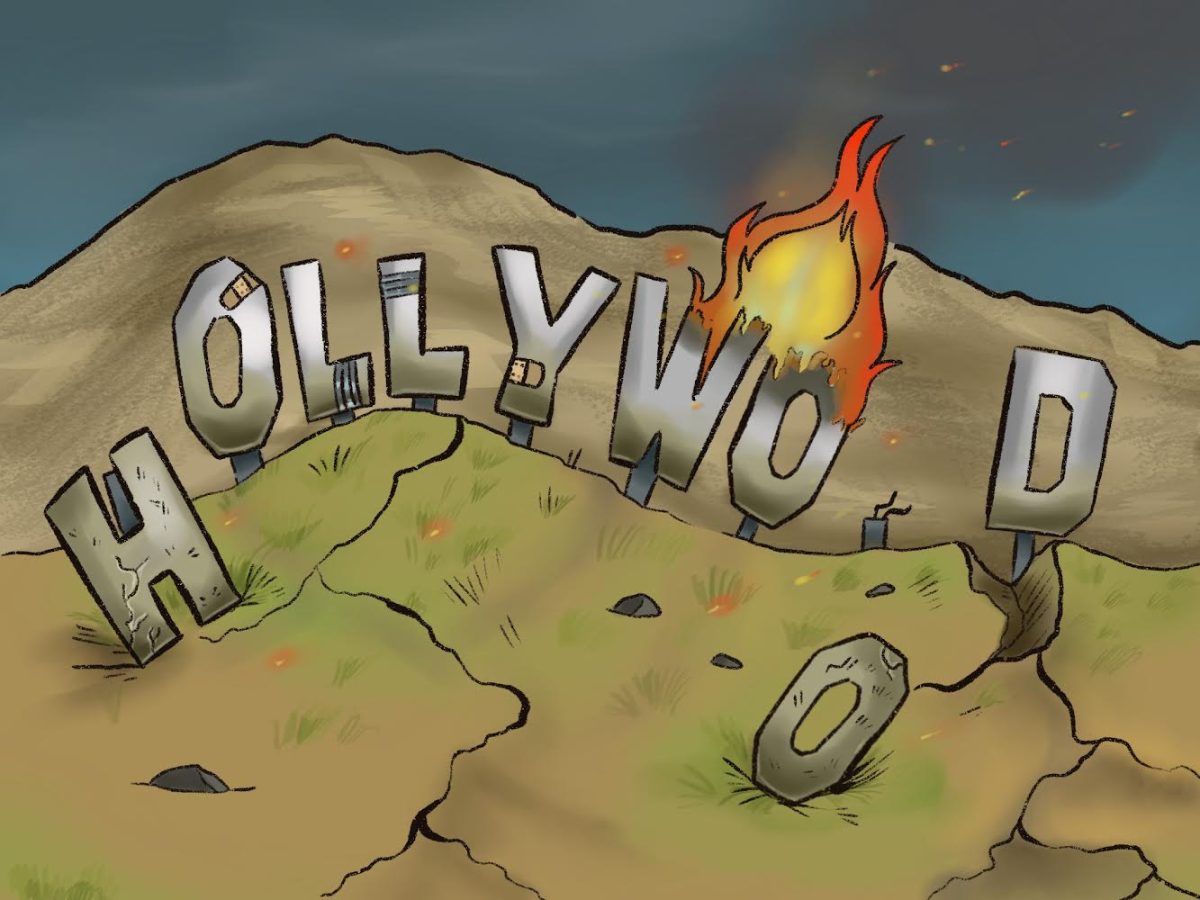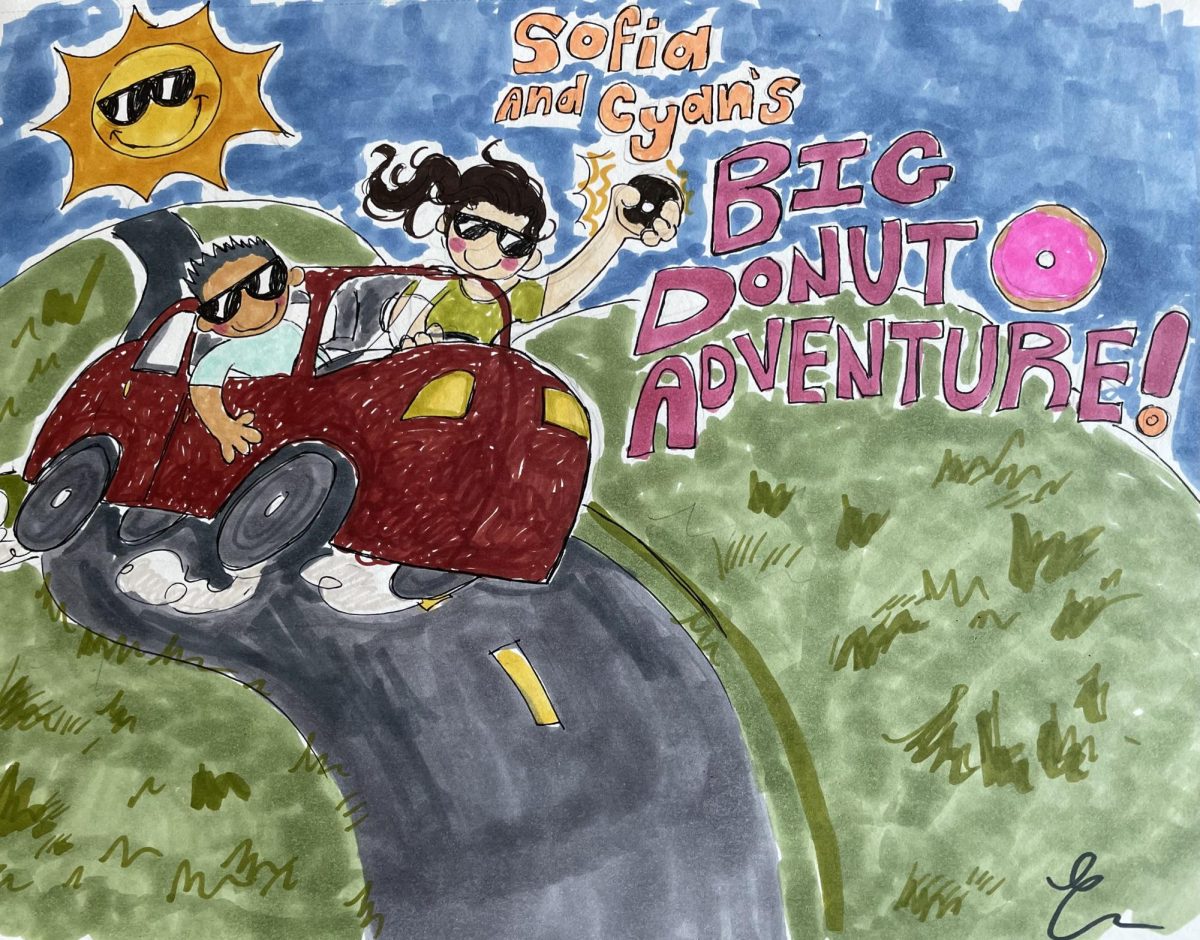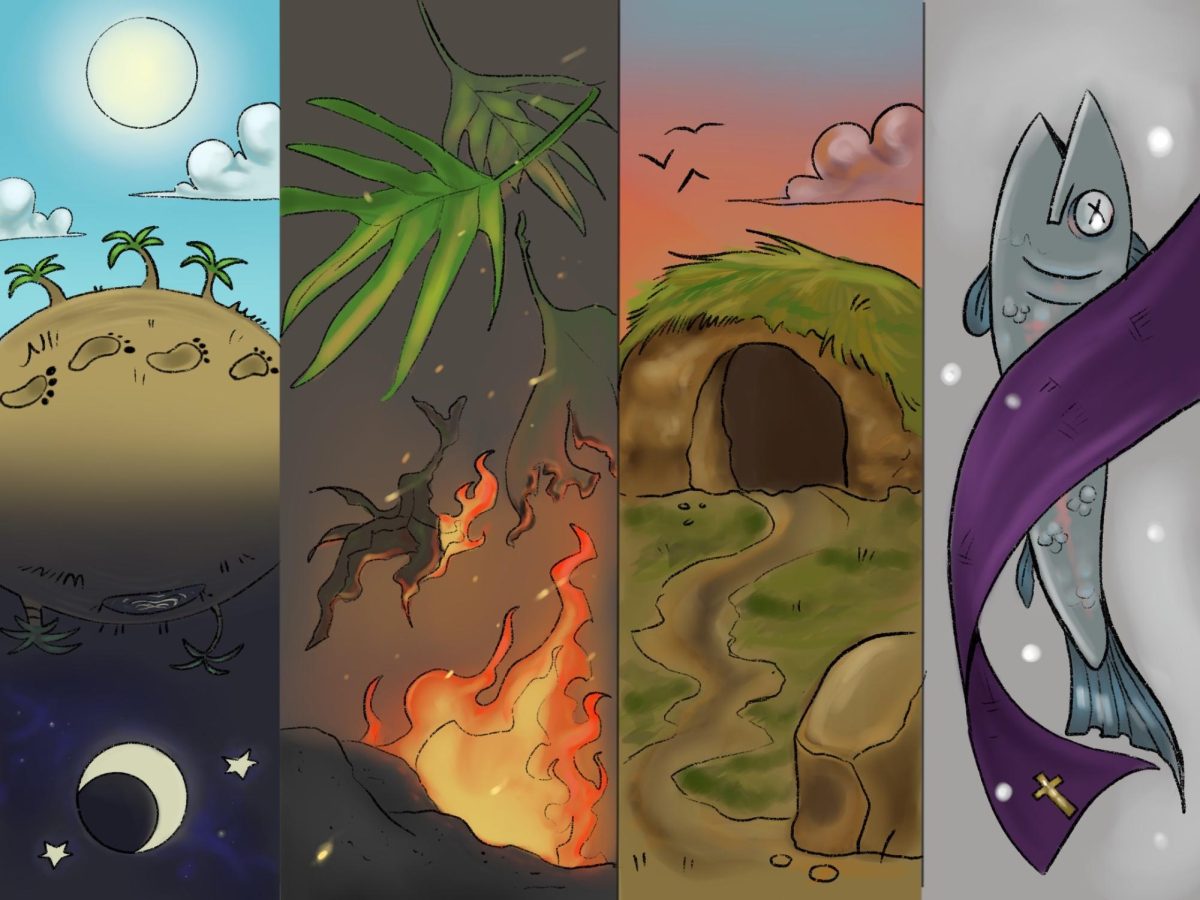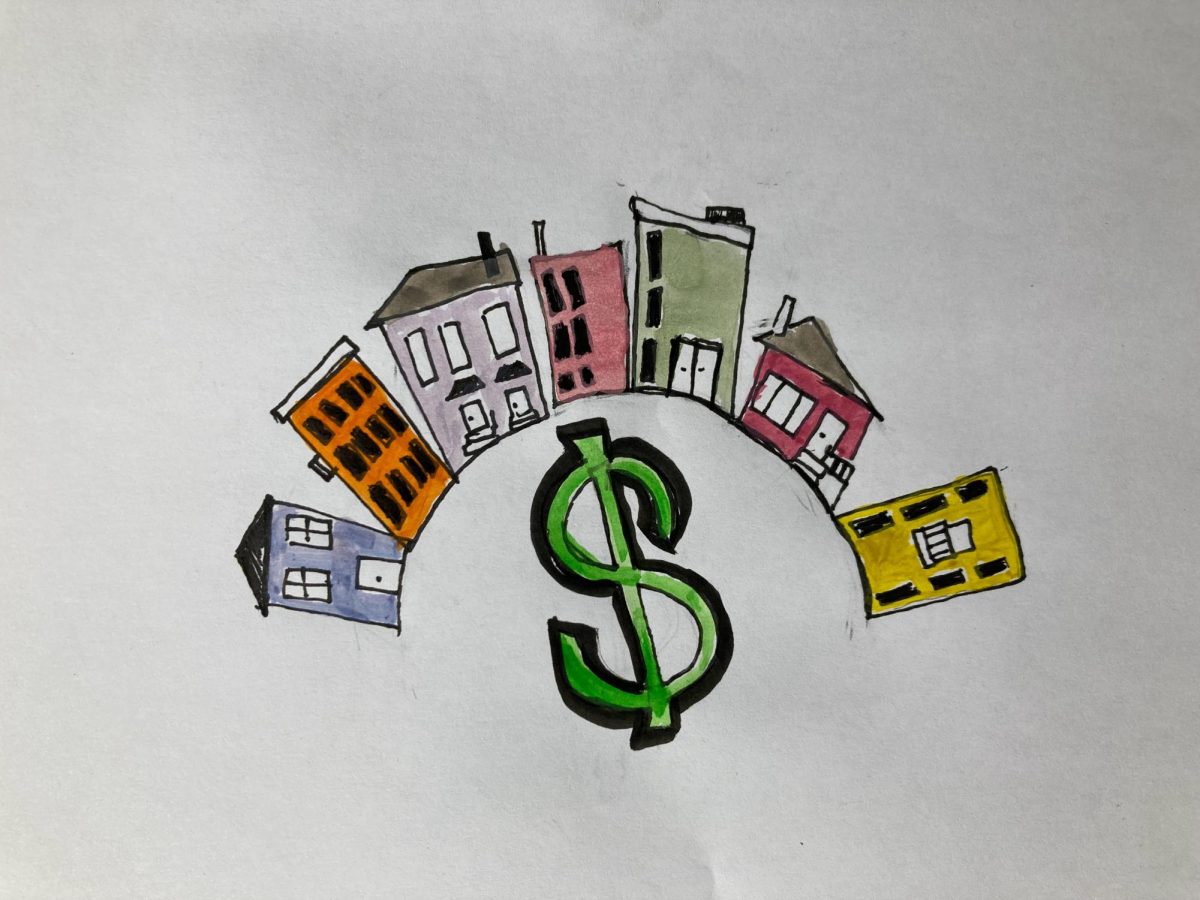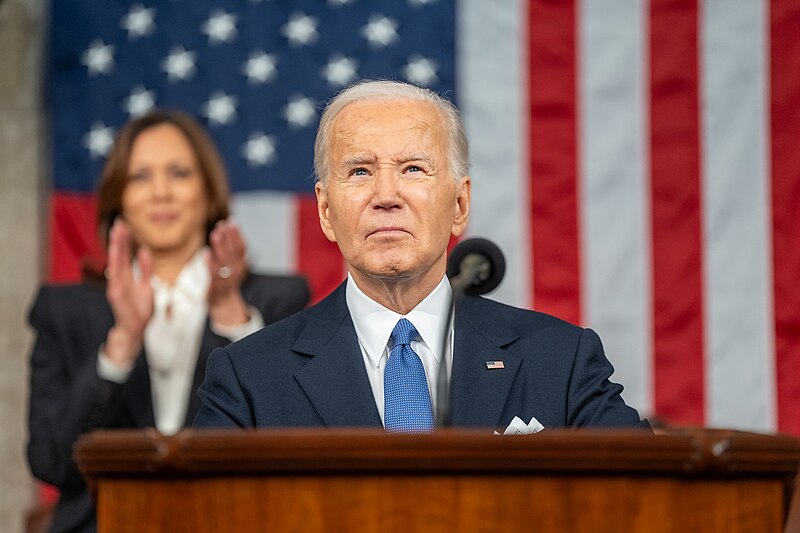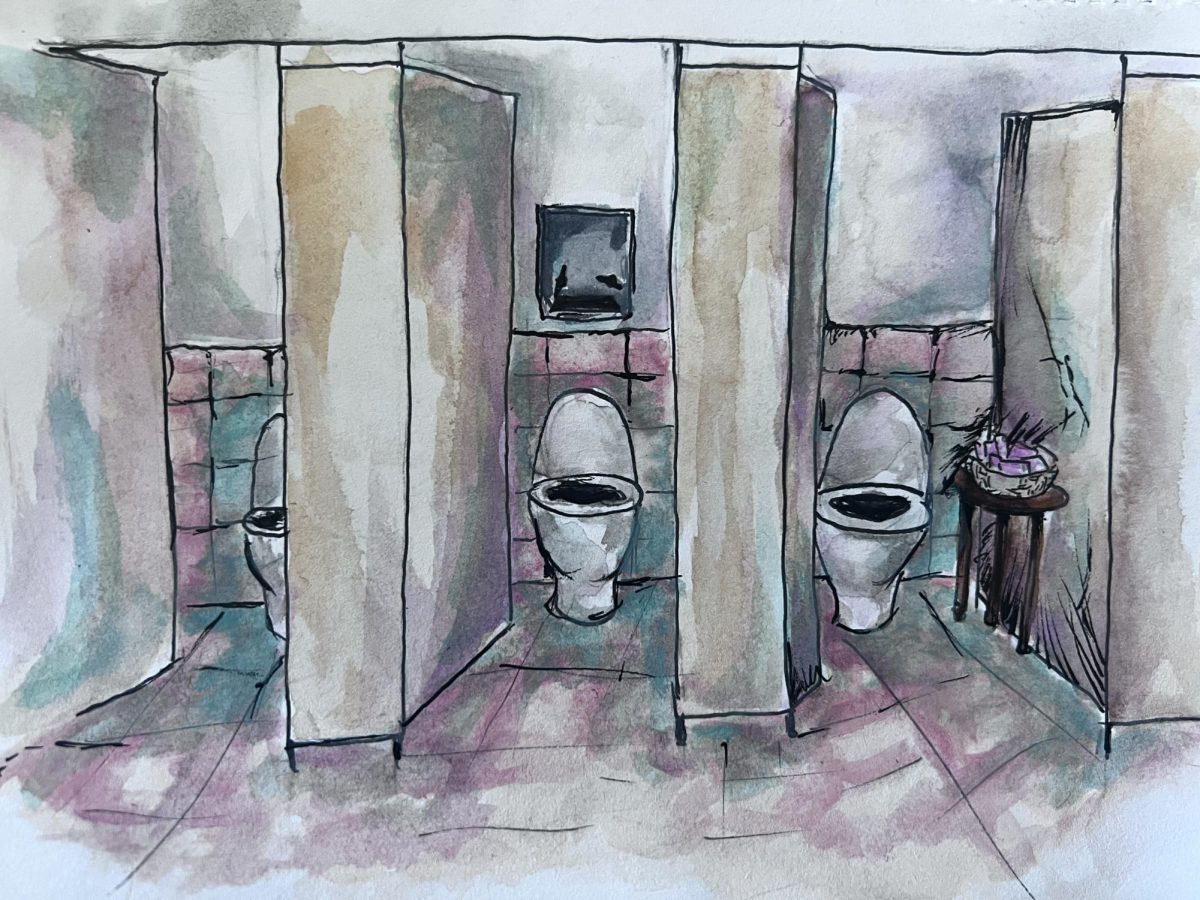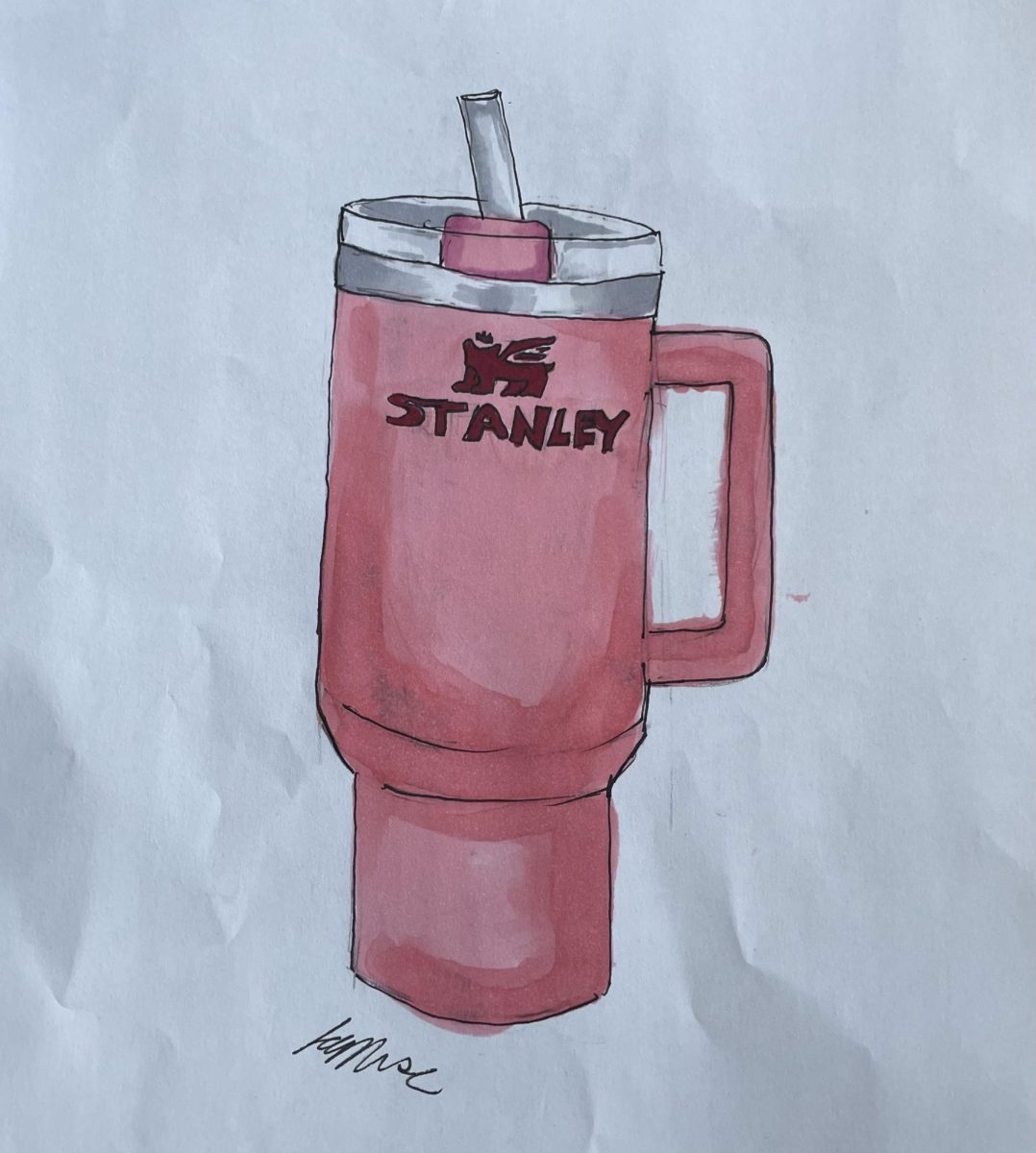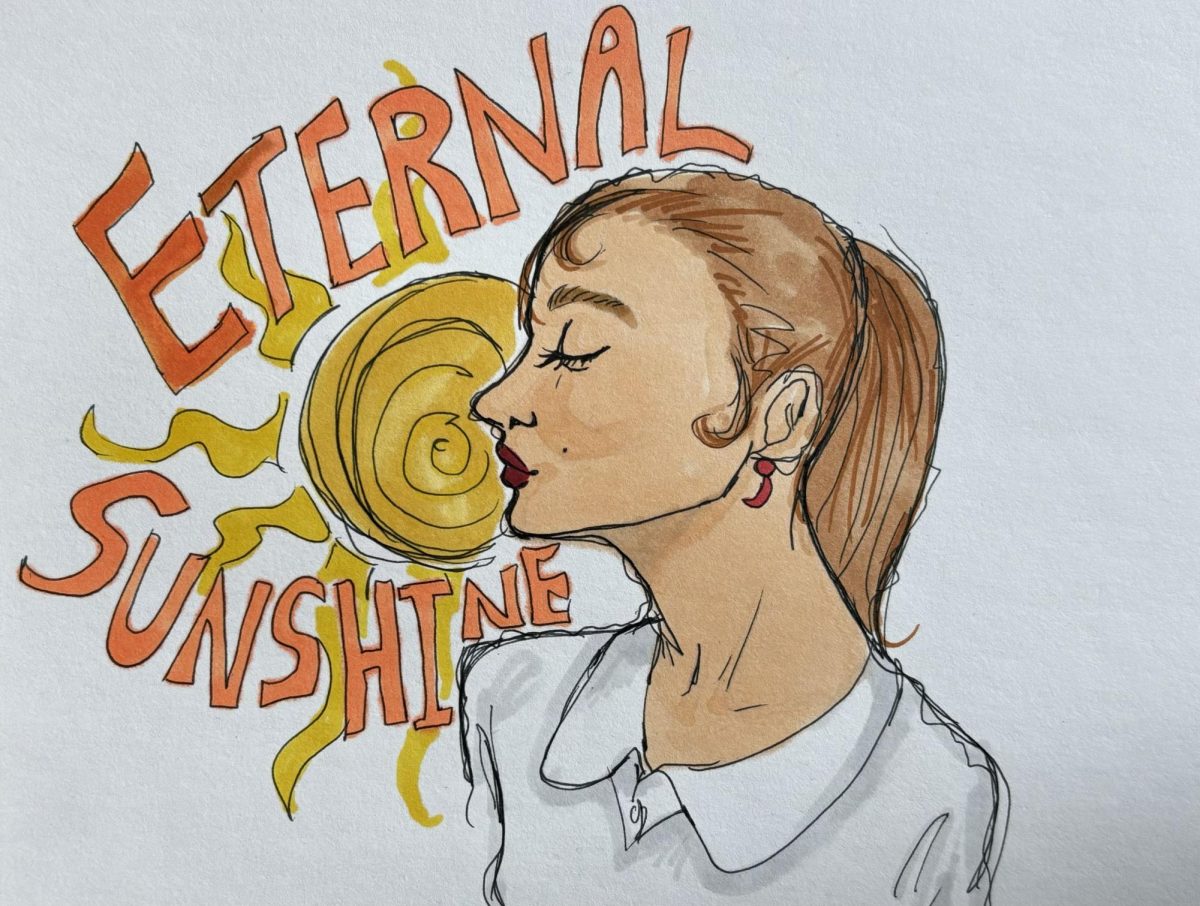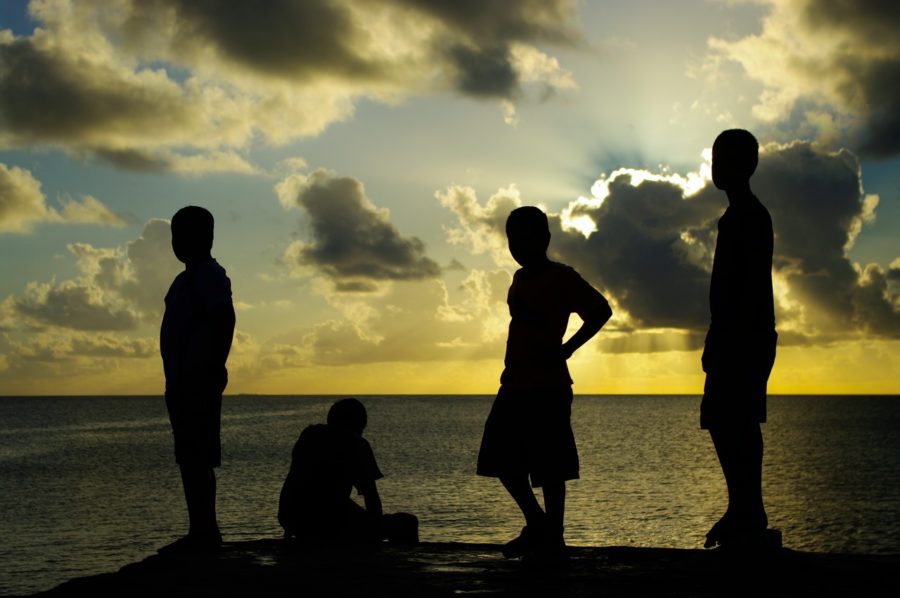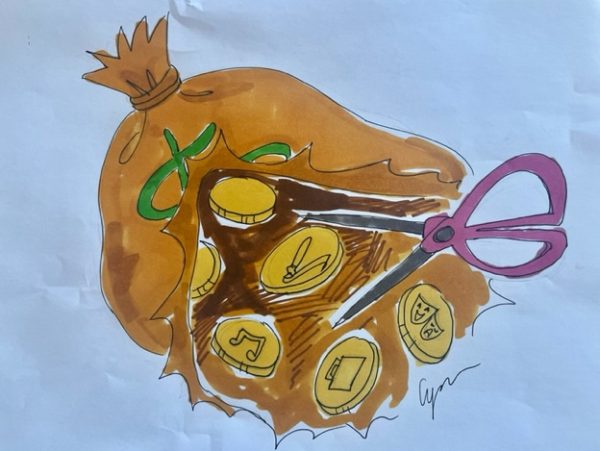Our Climate Future is Here: Tuvalu Becomes World’s First Digital Nation
January 17, 2023
Climate change is nothing short of an existential crisis for the world. Affecting nearly everything humans are involved in, caused by a myriad of issues, and requiring near-total global cooperation, progress is just not happening as fast as it should. In the face of a looming catastrophe, one island nation has made an ambitious plan that cautions the rest of the world towards what could happen in the near future—recreating itself in the metaverse.
Tuvalu is small—really small. Made up of only nine islands with a total area of ten square miles (one-fourth the size of Gloucester), the tiny Pacific nation reported only 11,204 people (one-third of the population of Gloucester) in its 2021 census. It has never been prominent on any sort of international scene—they weren’t claimed by Europeans until 1892, and the British didn’t even send a commissioner to oversee the islands until a decade later. And even then they weren’t even administered from Tuvalu itself, instead from the neighboring Gilbert Islands of modern-day Kiribati.
But while Tuvalu may be small, its problem is not—as its highest point only 15 feet above water, Tuvalu is highly vulnerable to rising tides and sea levels. Tuvalu is located in a region experiencing a particularly high sea level rise, a phenomenon caused by the ocean’s dynamics and Earth’s uneven gravitational field. Tuvalu has been identified for years as one of the first victims of the climate change era.
The situation is already dire—40 percent of the capital district of Funafuti is underwater during high tide, and during the annual King Tide (an exceptional high tide that occurs a few times a year in the Pacific Islands), that percentage spikes to above 50. By the end of the century, they are expected to be wiped off the map entirely.
The plan was announced at the Cop27 Climate Summit back in November by Simon Kofe, Tuvalu’s Minister of Justice, Communication & Foreign Affairs. His speech was delivered knee-deep in water, highlighting the urgency of the issue.
“Our land, our ocean, our culture are the most precious assets of our people,” Kofe said. “And to keep them safe from harm, no matter what happens in the physical world, we will move them to the cloud.”
He then went on to shock the audience as the camera panned out and he revealed that he was standing on Teafualiku Islet—digitally. Tuvalu’s smallest island is going to be the first to go, and thus, the first to be created in the Metaverse.
“It has long been the time for action, but we have not stepped up to the challenge,” he said. “We must start doing so today. Otherwise, within a lifetime, Tuvalu will only exist here [the metaverse].”
The rising sea levels are already destroying traditional Tuvaluan life – salt water covering the very limited amount of farmland the country has, and the increasing intensity of storms is battering the limited infrastructure on the islands.
The project will catalog, map, record, and save everything from historical documents, cultural practices, family albums, traditional songs, and every other tangible cultural element that is possible to save, alongside 3D models of the islands which will be able to be used with augmented and virtual reality devices to preserve Tuvaluan culture for future generations far from the islands.
All of this can be seen from the newly created Tuvalu.tv, Tuvalu’s official website, which has been redone to feature the 3D model of Teafualiku island and includes links to contact other nations’ environmental ministers. Without immediate, global climate action, all of Tuvalu will only exist here. Ironically enough, the website is sponsored by Amazon.
This isn’t without precedent—South Korea’s capital city of Seoul is implementing plans to preserve historical sites and events in the cloud, and Barbados is creating an online version of its embassy. But nothing has ever been done on this scale, nor has it ever been prompted by imminent disaster.
But what this means for international law is another issue. Tuvalu may be small in land, but the country is a seafaring giant. With an EEZ (exclusive economic zone—the water area under a country’s jurisdiction, as established by the UN) that is roughly the size of New England, Tuvalu’s seas have rich fishing grounds and the whole nation is located between key trade routes from Asia to the Americas. But when the country goes underwater, maintaining control of this area will open up a new area of international law: whether Tuvalu gets to control the area without any more land.
Simon Kofe has said that seven countries have supported Tuvalu remaining in control of the water when the land is gone. However, the lack of an international unified response could easily result in nations coming into the space and fishing or harvesting resources, under the pretext of being a legal gray area.
The entire situation should finally awaken the world to the reality of the 21st century. These disasters are no longer able to be pushed back as an issue for later, a problem for tomorrow, or a consideration for next week. This is the here and now. Tuvalu isn’t the only low-lying area in the world. We can now envision a future with New York City, Florida, Bangladesh, and more in the same position—creating millions of refugees with no place to go.
The people of Tuvalu have lived on these islands for 3,000 years. They have known nothing but their ocean, their sky, and their islands. They have built their society here, raised hundreds of generations here, developed a history, a culture here. And in the blink of an eye it is almost gone.
“Islands like this one won’t survive rapid temperature increases, rising sea levels, and droughts,” Kofe said. “So we’ll recreate them virtually, piece by piece, preserving our country, providing solace to our people, and reminding our children and our grandchildren of what our home once was.”
Make sure to go to Tuvalu.tv to get involved and help Tuvalu before it’s too late, else we risk the phrase ‘Toku fenua ko Tūvalu” (I am from Tuvalu) never being heard again.



